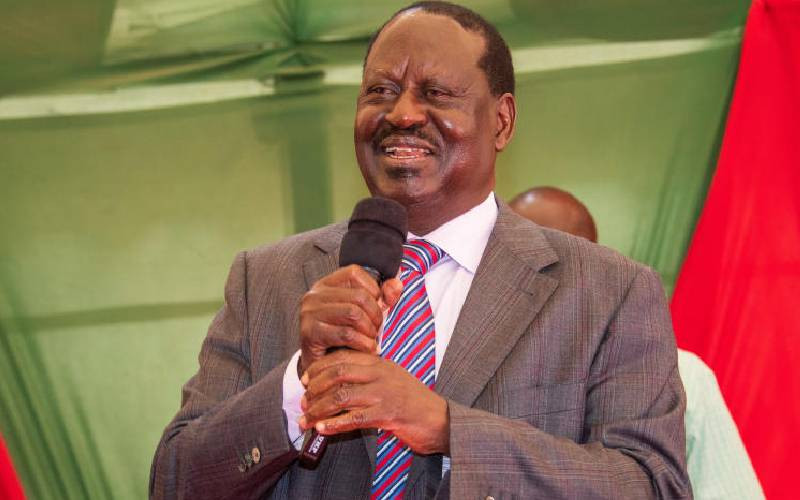×
The Standard e-Paper
Fearless, Trusted News

Focus will be on Raila Odinga and his Azimio la Umoja One Kenya coalition after their negotiating team withdrew from the bipartisan talks this week.
After talks hit a stalemate, Raila and his allies are now saying the only language that the Kenya Kwanza government understands is mass street protests which Azimio is prepared to return to.